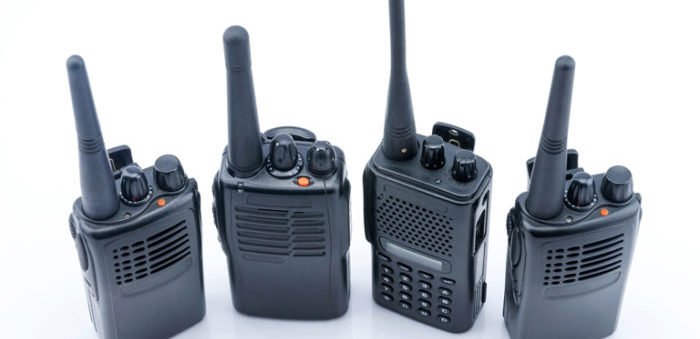Many vessel owners are required to have ship radios on their vessels. Many of these radios are capable of sending automated messages that the U.S. Coast Guard and other search and rescue authorities rely on to locate vessels in distress. Federal Communications Commission (FCC) has issued a public notice to highlight how critical for mariners is to comply with certain marine radio rules in these automated messages.
These automated messages include the Maritime Mobile Service Identity (MMSI) number, a unique nine-digit number assigned to ships with certain kinds of radio equipment. Search and rescue authorities, including the Coast Guard, use the MMSI to learn background information about a vessel in distress (e.g., owner’s name, intended route, and other radio equipment on board) and to determine whether the alert is false.
An accurate MMSI database helps to protect lives and property at sea by reducing the time needed to locate vessels in distress. However, the use of an unauthorized MMSI can seriously compromise search and rescue efforts, including misdirecting search and rescue forces and alerting the wrong emergency contacts. The Coast Guard estimates that approximately 10,000 vessels’ MMSIs are inaccurate on any given day.
Several common situations have resulted in the transmission of incorrect or duplicative MMSIs.
Improper Use of MMSIs
Obtaining an Individual License for Certain Ship Radios
Owners of vessels with ship radios registered by private registration agents, and owners of ship radios on vessels registered under a foreign flag, that later decide to get individual licenses for those radios from the FCC cannot continue to use the MMSI previously issued by the private registration agent or foreign administration. Instead, those vessel owners must use the new MMSI assigned with the FCC license. In addition, the vessel owner must cancel its MMSI issued by the private registration agent.
Cancellation or Expiration of Ship Radio License
Owners of vessels with ship radios individually licensed by the FCC that later decide to cancel the license (or allow it to expire) generally may continue to use the FCC-issued MMSI, but must register it with a private registration agent. Owners of vessels formerly registered under a foreign flag that later operate a ship radio station on a vessel registered in the United States, however, must obtain a newly issued MMSI.
Sales of Vessels
After a vessel is sold or transferred, the new owner may continue to use the MMSI associated with the vessel. For vessels with ship radio stations that had been registered by a private registration agent, the new owner must re-register the privately-issued MMSI and the new emergency contact information with a private registration agent. (The new vessel owner is allowed the re-register the MMSI with any private registration agent. However, if the new vessel owner is using a different private registration agent, the new owner must cancel any duplicate MMSI issued by the previous owner’s private registration agent.) For vessels registered by the FCC, the new vessel owner may continue to use the FCC-issued MMSI by requesting that MMSI when filing the application Form 605 – Schedule B and entering the requested MMSI in item 13. Similarly, purchasers of used equipment must ensure that the correct MMSI is programmed into the device before it is used on board a different vessel. In no case should the seller use the old MMSI on a different vessel if the buyer will continue using that MMSI.
Testing of AIS Equipment on Land
AIS land stations such as research facilities, marine electronic maintenance and repair shops, and other entities that test AIS equipment on land frequently undertake testing without proper authorization, often using an MMSI that has been fabricated by the testing entity (e.g., 123456789). AIS land stations must obtain a maritime support station license to authorize any onland test transmissions. The maritime support station may, for purposes of on-land testing of AIS equipment, use either the MMSI assigned to it or the MMSI assigned to the ship station with which the equipment is associated. Applicants for a maritime support station license may obtain an MMSI for their on-land test transmissions by attaching a request for an MMSI as an exhibit to the application Form 601.
Penalties for Use of Inaccurate MMSIs
Use of inaccurate MMSIs is a violation of FCC rules, with potential impact upon safety of life and property. Improper use of an MMSI with AIS hinders its usefulness as a navigation tool for collision avoidance, and decreases the Coast Guard’s awareness of vessels in the maritime domain, especially vessels approaching U.S. ports. Violators may be subject to the penalties authorized by the Communications Act, including monetary penalties as high as $16,000 for each violation.7 Your radio equipment may also be seized and forfeited to the U.S. Government.8
Further details may be found by reading the notice issued by FCC
Source: FCC































































